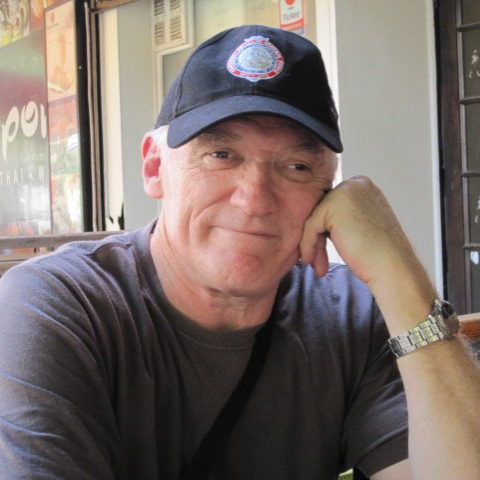AIRAANZ 2022
Keynotes
Contact
Questions regarding the conference should be sent to: airaanz.conference2022
@sydney.edu.au

Professor Michael Quinlan, UNSW
Inequality, Worker Mobilisation and Lessons from History: Australia 1788-1900
Bio
Michael Quinlan is Emeritus Professor in industrial relations at the School of Management and Governance. His major expertise is the field of occupational health and safety (OHS) and industrial relations history. In addition to publishing widely he has undertaken inquiries, investigations and audits as well as preparing reports for governments in Australia and New Zealand on OHS in areas like trucking, mining, precarious work and OHS regulatory regimes. He has served as an expert on government advisory bodies in Australia and New Zealand as well as helping to prepare reports on OHS for the World Health Organisation, European Commission, European Agency on Safety and Health at Work and International Labour Organisation. He currently serves on the editorial board of six academic journals based in Australia and Canada. His most recent books have focused on worker mobilisation, notably The Origins of Worker Mobilisation: Australia 1788-1850, Routledge, New York, 2018; Contesting Inequality and Worker Mobilisation: Australia 1851-1880, Routledge, New York, 2020; and Hamish Maxwell-Stewart and Michael Quinlan Unfree Labour: Insubordination and Resistance in Convict Australia 1788-1860, Palgrave Macmillan, London, 2022.
Abstract
The rise of neoliberalism witnessed substantial changes in work arrangements, decline in organised labour (both its industrial and political wings), rising inequality and the decline/reshaping of disciplines with collectivist traditions like industrial relations, sociology and history. Simultaneously digitalisation has facilitated the capacity to undertake innovative historical research with the capacity to refashion our understanding of the past and better inform contemporary struggles. Drawing on a unique database that seeks record all attempts at worker organisation in Australia this address will re-examine the emergence, extent and building blocks of worker mobilisation in Australia, 1788-1900. It argues inequality was the key driver of mobilisation. I explore the relationship between unfree and free labour, formal and informal organisation, industrial and political bodies and gender dimensions and what parallels and historical lessons can be drawn from this. This includes precarious work, worker/public health and safety and community mobilisations. The address also argues for a ‘big picture/big-data’ shift in future research (giving other examples of this approach) in the field of industrial relations and ways this might be accomplished.

Professor Virginia Doellgast, Cornell University
Worker voice in the digital economy: Negotiating over automation, surveillance, and algorithmic management
Bio
Virginia Doellgast is Professor of Comparative Employment Relations in the ILR School at Cornell University and a Senior Research Fellow at the Wirtschafts- und Sozial-wissenschaftliches Institut of the Hans Böckler Stiftung. Her research examines the relationship between labor market and collective bargaining institutions, inequality, and job quality, with a focus on the US and Europe. She is co-editor of International and Comparative Employment Relations (Sage, 2021) and Reconstructing Solidarity: Labour unions, precarious work, and the politics of institutional change in Europe (Oxford University Press, 2018); and author of Exit, Voice, and Solidarity: Contesting Precarity in US and European Telecommunications Firms (Oxford University Press, forthcoming) and Disintegrating Democracy at Work: Labor Unions and the Future of Good Jobs in the Service Economy (Cornell University Press, 2012). Professor Doellgast is currently a visiting researcher at the Freie Universität Berlin, where she is studying the politics of technological change and ‘just transitions’ in the IT, telecommunications, and auto industries.
Abstract
Advances in artificial intelligence have provided firms with a range of new tools to automate routine service work and monitoring activities. AI-based algorithms are also increasingly used in management decisions from hiring to training, performance evaluation, and accompanying pay increases and discipline. This has raised new challenges for worker representatives, as they seek to regulate how these tools are adopted and used in the workplace. In this talk, I will discuss these challenges in comparative perspective – asking how differences in worker participation rights and structures affect possibilities for worker voice in the adoption and deployment of new AI-based technologies. Case studies are drawn from the IT and telecommunications industries in North America and Europe.

